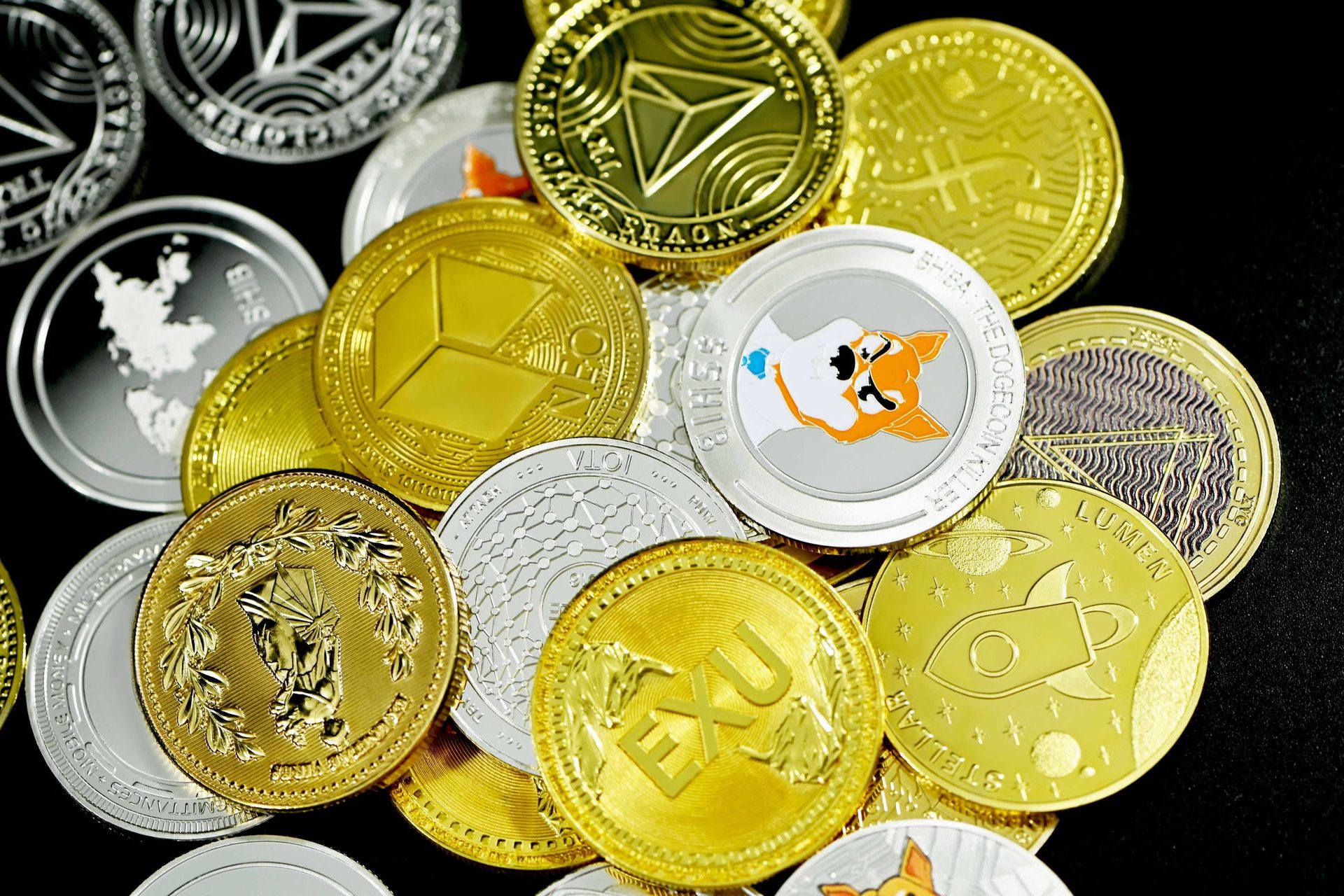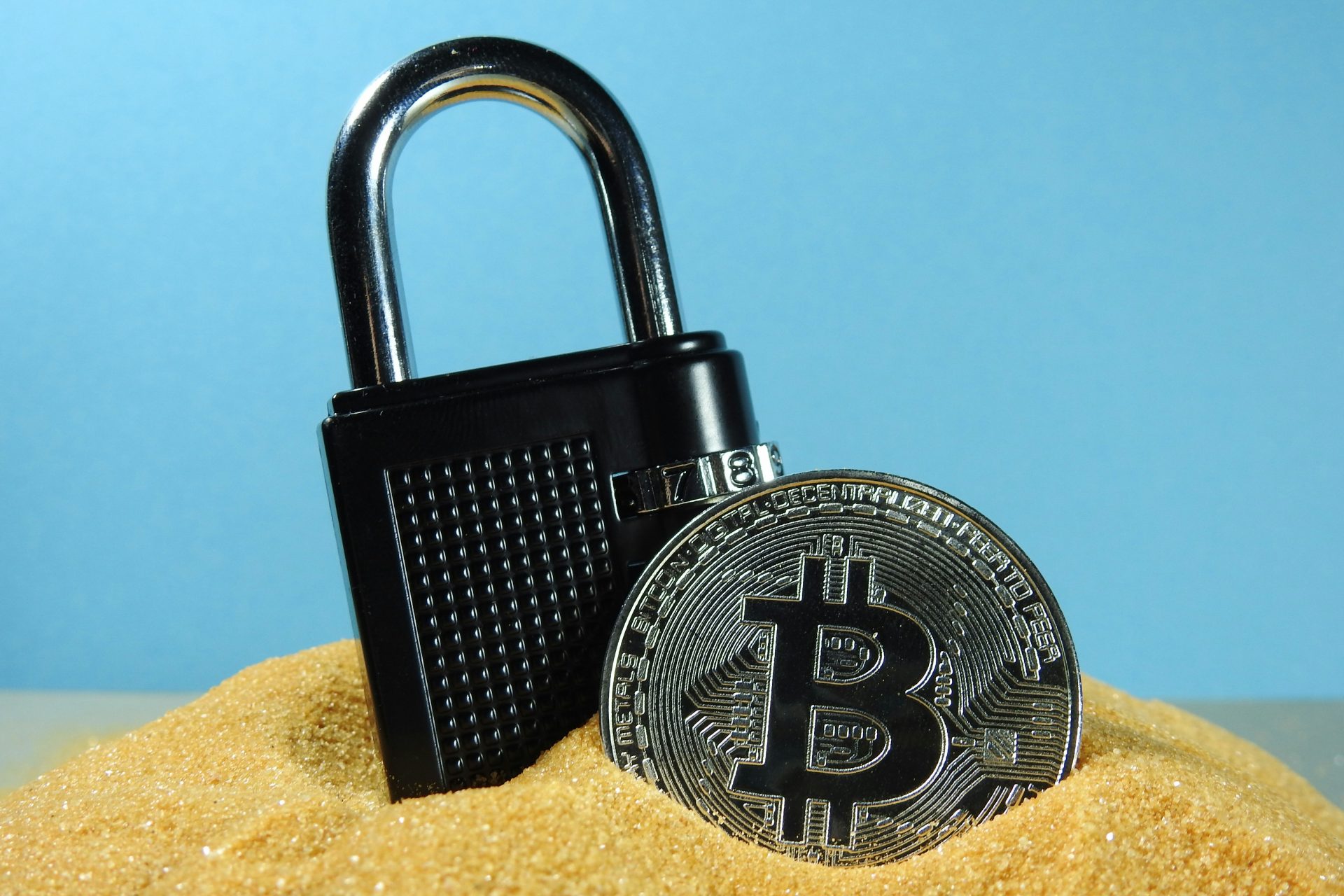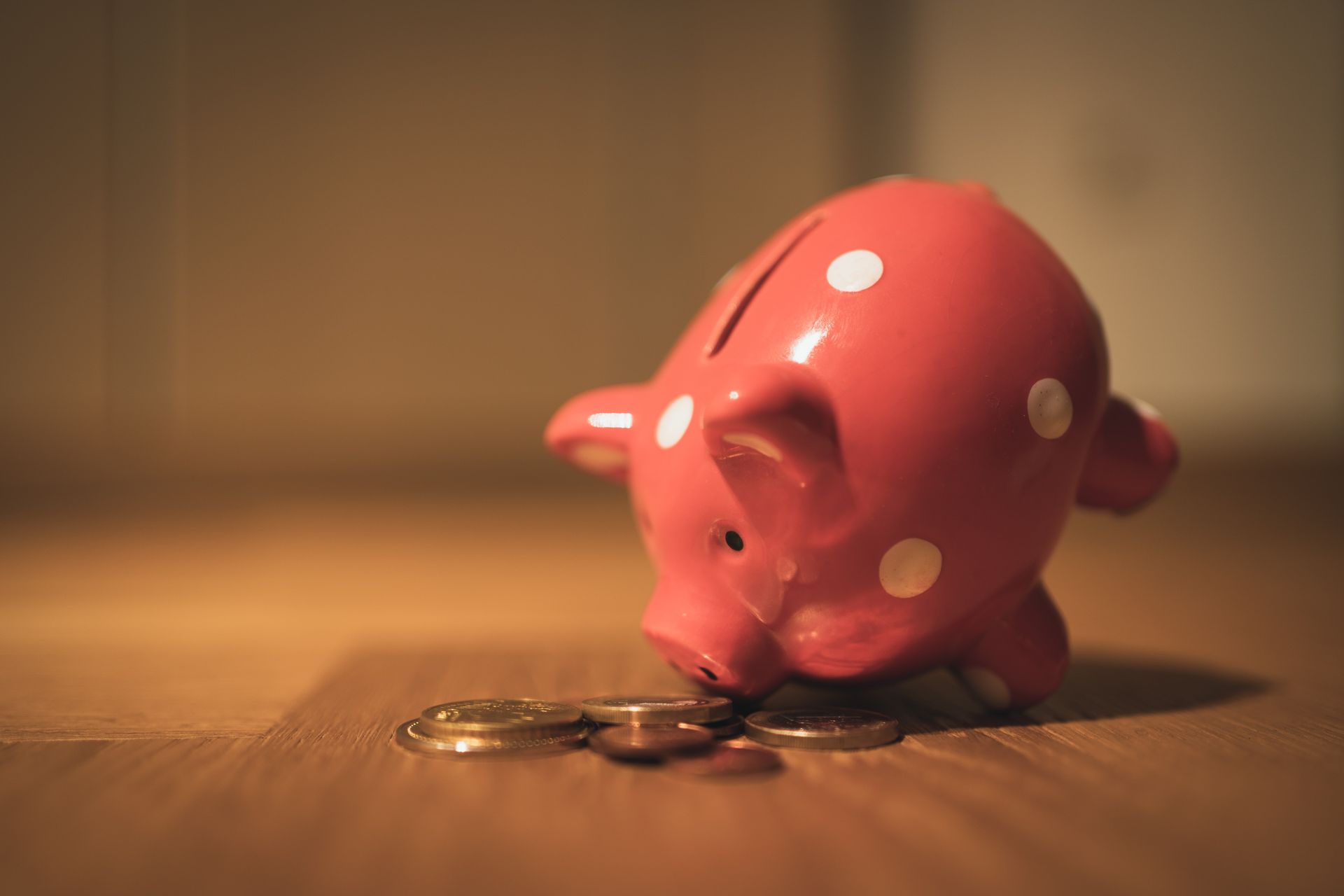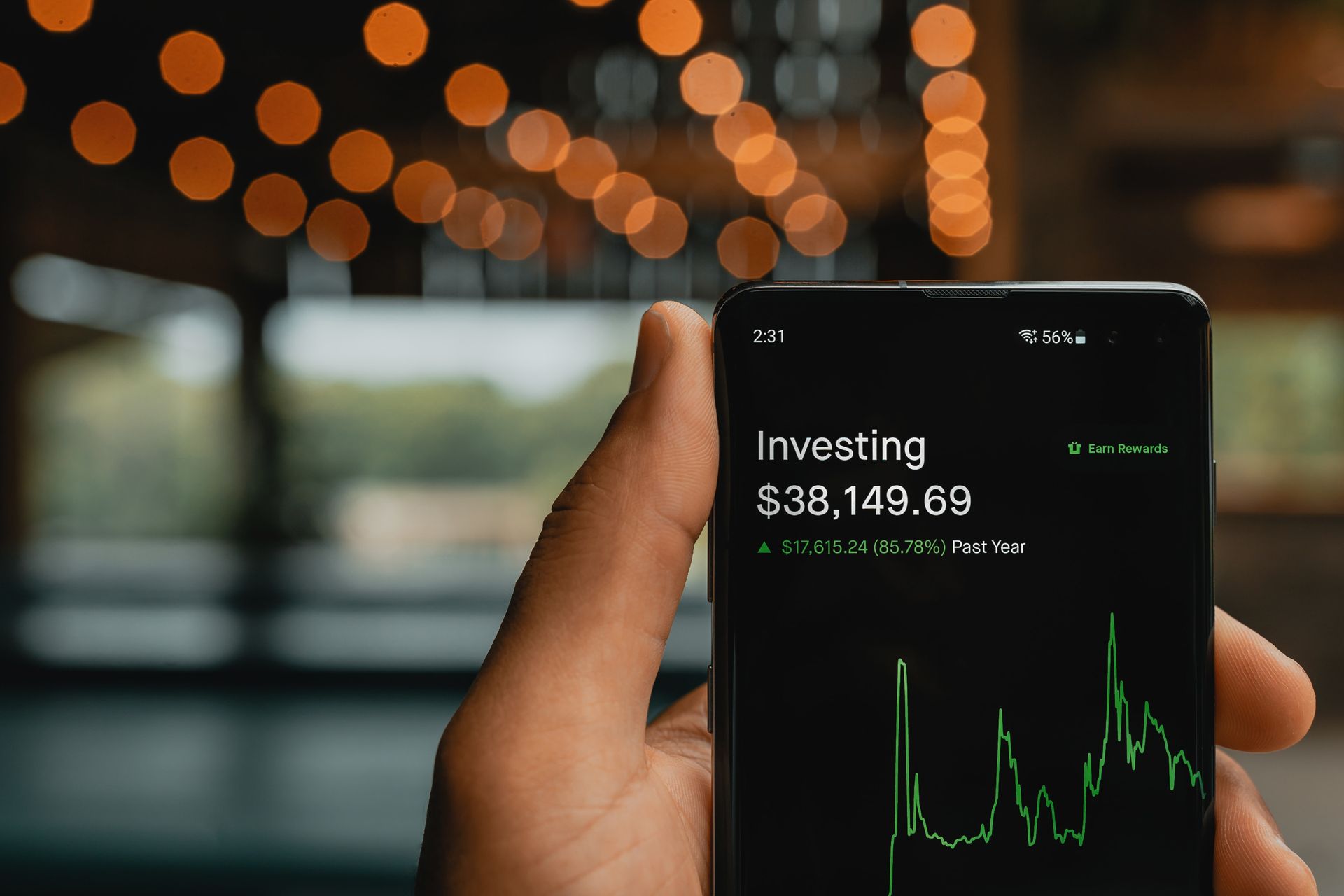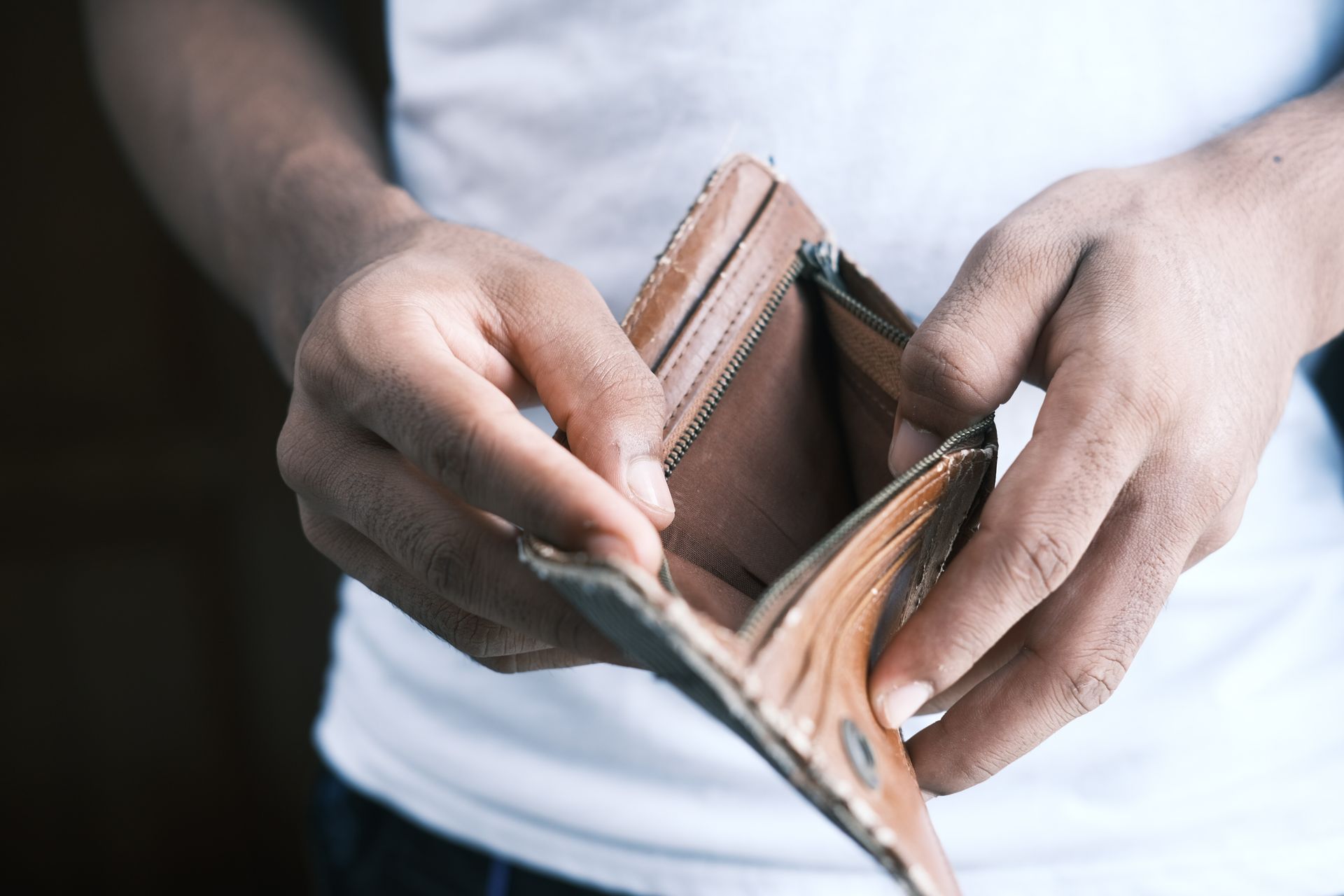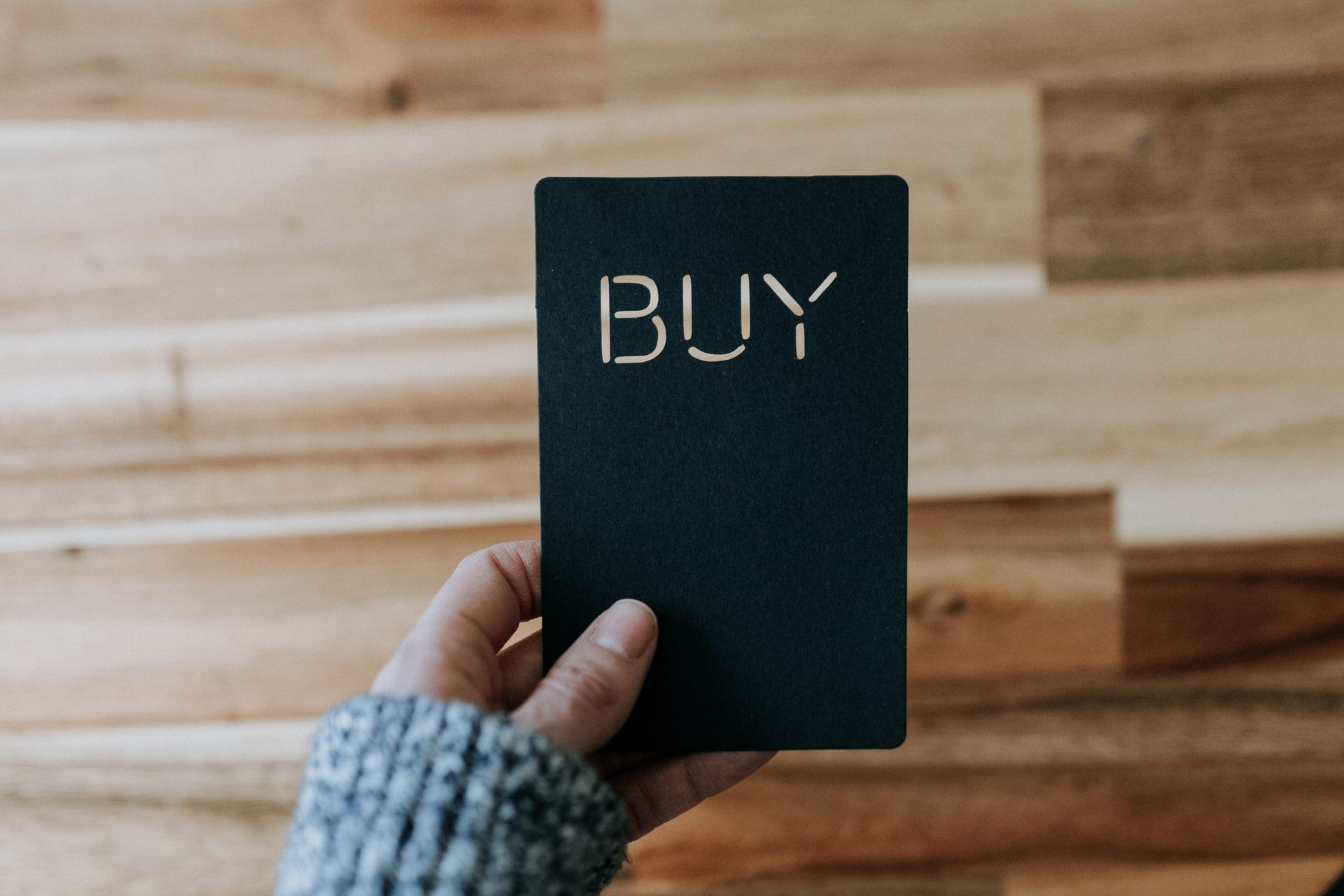Beware of fraud! Tips to avoid online crypto scams
More and more people fall victim to the seduction of cryptocurrency trading and the risk of getting scammed. In Canada, for example, cryptocurrency fraud almost doubled in one year.
According to the Canadian Anti-Fraud Center (CAFC), the amounts stolen increased from 51.5 million Canadian dollars in 2021 to 96.3 million in 2022, and the number of victims rose from 1729 to 2759.
Image: Towfiqu Barbhuiya / Unsplash
Radio Canada has published damning testimonies from victims of cryptocurrency scams. One of them was a woman who lost 250,000 Canadian dollars after being convinced to invest in a new coin by a false advertisement featuring Elon Musk.
Scams with fake celebrity endorsements aren't the first swindles in the realm of cryptocurrencies, and they won't be the last. Make sure you know how to avoid them!
Image: Shubham Dhage / Unsplash
Financial investment scams are an old practice. However, the rise of cryptocurrencies and the ability for scammers to operate online have increased the possibility to reach many victims.
Cryptocurrency scams follow a widespread pattern: luring young, fragile, or simply poorly informed customers into the complex ecosystem of cryptocurrencies with promises of high profits.
Image: Kanchanara / Unsplash
How can we make sure we don't get defrauded by unreliable cryptocurrency companies? Read further and follow these guidelines!
Image: Ewan Kennedy / Unsplash
Ponzi schemes are based on a system of "sponsorships." They promise exponential gains for investors who manage to bring in other investors. In the end, the money moves from the last ones arriving, directly into the pocket of the first ones starting the pyramid. It's a model which is all too common and cryptocurrency professionals often denounce it.
Image: Kanchanara / Unsplash
How to detect this type of scam? First of all, says the broker Coinhouse, be suspicious of crypto fundraising which offers a new gold rush, easy-to-use technologies, and huge returns on investment... Supposedly, these returns are for you, but in reality, they are for the creators of the pyramid!
Image: Shubham Dhage / Unsplash
Scammers frequently use fake identities and websites, sometimes names and logos resembling those of actual organizations. If you receive an email indicating that your account has been hacked, do not click on the link: it is probably phishing.
Image: Caspar Rae / Unsplash
"You then come across a page whose interface resembles that of your broker, except that it is a fake site, on which you are asked to enter your identifiers," warns Paul Bourceret, head of sales and operations at Coinhouse, cited by 'Capital'.
Image: Carlos Muza / Unsplash
'Pig butchers' look for their victims on social media or dating apps. Once they have seduced them, they ask them for money or investments in cryptocurrencies. Once you've gone into 'business' with them, they disappear and never return.
Image: Andre Taissin / Unsplash
You can spot an attempt at 'pig butchering' by the following clues: first contact on social media or dating applications followed by promises of extravagant gifts and other ways to create a relationship of trust. Then, the big clue, of course, is the request for money. Don't give money to people you don't know.
Image: Austin Distel / Unsplash
Also, be wary of canvassing via instant messaging applications. Scammers use apps like WhatsApp or other Messengers to freely distribute tokens of a currency to advertise its launch. It's called 'airdropping.' Once you sign up for these cryptos, the scammers may charge you with high fees to recover the worthless tokens.
Image: Piggybank / Unsplash
Take your time studying an offer for crypto investments. It may be too good to be true. Investing is a complex activity, and even the most experienced cannot expect a three-digit return in a year.
Image: Kostiantyn Li / Unsplash
Investing always carries a risk of loss. For digital currencies, it's even greater. So if a company offers you guaranteed profits no matter what, that's a red flag.
Image: Towfiqu Barbhuiya / Unsplash
Be wary of influencers who promote cryptocurrencies, and carefully check the authenticity of advertising content featuring celebrities: they are often fake!
Image Nordwood Themes / Unsplash
As Claire Castanet from the French Financial Markets Authority points out, you also have to be wary of overly friendly salespeople who push you to act quickly so as not to miss an opportunity to make money. "If you are pressed, you have to flee," she says in 'Capital'.
Image: Kelly Sikkema / Unsplash
Many scammers use fake organizations or media websites. Make sure that the currency project really exists and that it is serious. You can look up its legal data and consult its white paper.
Image: Shubham's Web3/Unsplash
Also, make sure to not share sensitive information or documents that could be reused to steal your identity.
Image: Claudio Schwarz / Unsplash
If you're ever in doubt about a company offering cryptocurrencies to you, you can consult the blacklist of cryptocurrency scammers that financial regulators in different countries update frequently.
Image: Joshua Sortino / Unsplash






